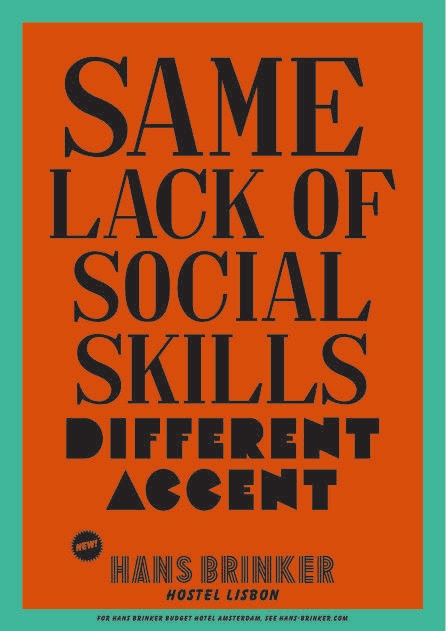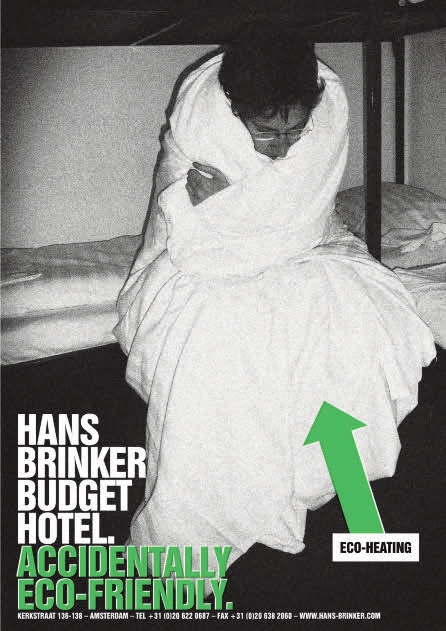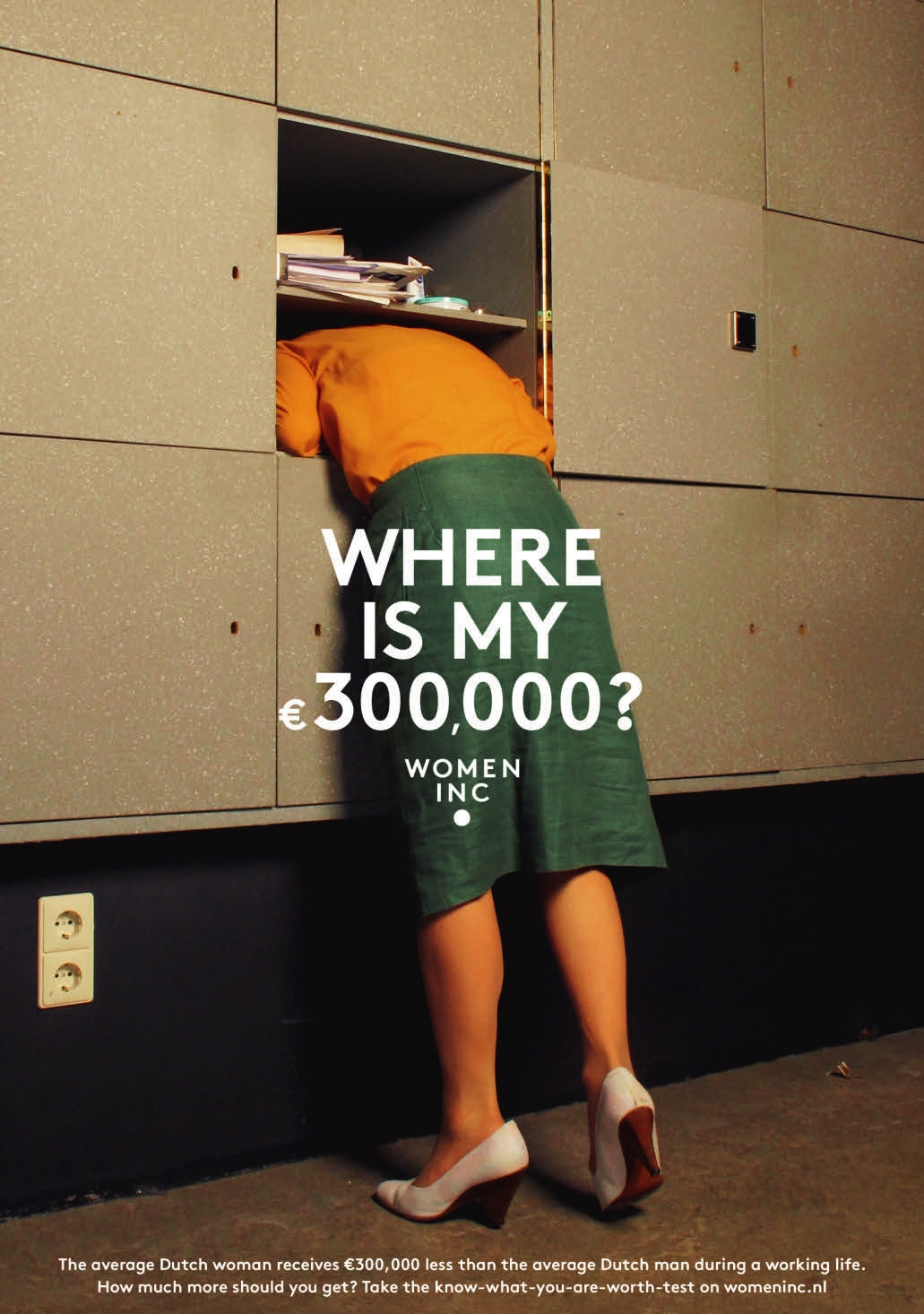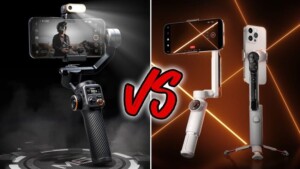Independent communications agency KesselsKramer has developed a combination of risk-taking and meaningful advertising to keep simple truths at the heart of its campaigns. Co-founders Erik Kessels and Johan Kramer worked in the advertising industry in London and the Netherlands before setting up their own business in 1996 in Amsterdam KesselsKramer now also has offices in Los Angeles and London. The founders’ aim was to shake up an industry they saw as standardized and full of clichés and compromises. As a creative, says Kessels, you should be restless, wanting ‘to change things, do things differently and have your own set of values. And people sometimes call that kind of cocktail rebellion.’

The work that the agency developed with the budget hotel chain Hans Brinker, its longest-standing client, reflects this refreshing approach to communication and is based on the insight that ‘honesty is the only luxury such a brand has’, as Kessels puts it. Instead of glossing over the fact that budget hotels sometimes lack cleanliness, comfort, and service, Hans Brinker celebrated its no-frills accommodation with an ironic campaign based on the most frequent complaints customers made about the hotel. By doing so, it met backpackers’ and students’ desire for an authentic message. It is a powerful concept that has defied all advertising stereotypes, and it has kept resonating with hotel guests for two decades.

Whether they are harnessing technology, theatre, storytelling, music or expounding plain honest-to-goodness truths, these multidisciplinary thinkers and designers are some of the most innovative catalysts of today – and they’re using their creative toolkits to rebellious effect
Words: Elisa Cecilli
‘Advertising is mostly shouting at people and never asking for any reaction. Even online and on social media, it’s still not a two-way conversation,’ Kessels says. The agency strongly believes there are still unexplored areas in this industry that can engage the audience in broader conversations beyond marketed goods and services. KesselsKramer’s campaign for mobile phone brand Ben tapped into current Dutch sociocultural issues with its use of realistic images and everyday people.

It highlighted the fact that 180 nationalities live in the Netherlands, with the aim of addressing the complexities of integrating such a diverse and multiethnic country. It has been praised by Dutch sociologist Irene Costera Meijer as being more effective than any government campaign, and it has validated KesselsKramer’s belief that by adopting new, brave language and aesthetics, advertising can reposition itself as a tool for change-making and as a conversation starter in an increasingly complex world, enabling society to challenge its own perceptions and values.









